At University Pianos, we offer Piano Concierge to help you find your dream piano and a range of Maintenance Services to keep your piano sounding and playing its best.
We are attuned to the fine details, and offer Steinway Spirio Certified service, customized Concert Preparation for performance, and detailed Evaluation & Appraisal inspections for buyers, sellers, and insurance.
Please contact us with questions or to schedule service.
Finding Your Piano
Piano Concierge
Welcome to Piano Concierge. We have decades of experience sourcing just the right piano for the individual preferences of the pianist. Ask us about our Piano Concierge Service to help source your dream piano — that best fits your budget, space, and preferences for appearance, tone, and touch. If you are interested in budget friendly pianos, you can learn more here.
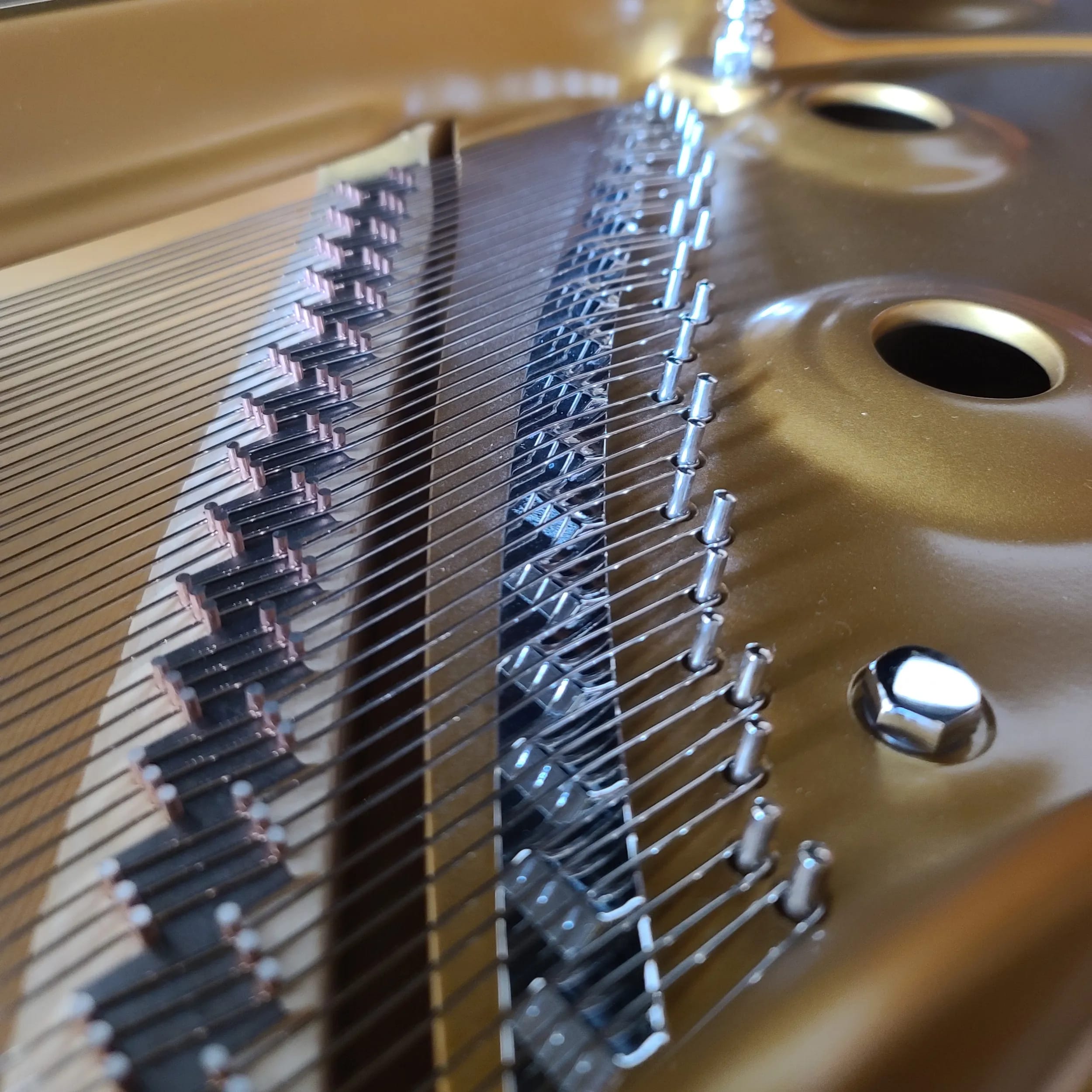
Maintaining Your Piano
Basic Service
Service twice a year helps keep your piano sounding and playing its best. Our Basic Service includes tuning, touch-up voicing, and small action adjustments.
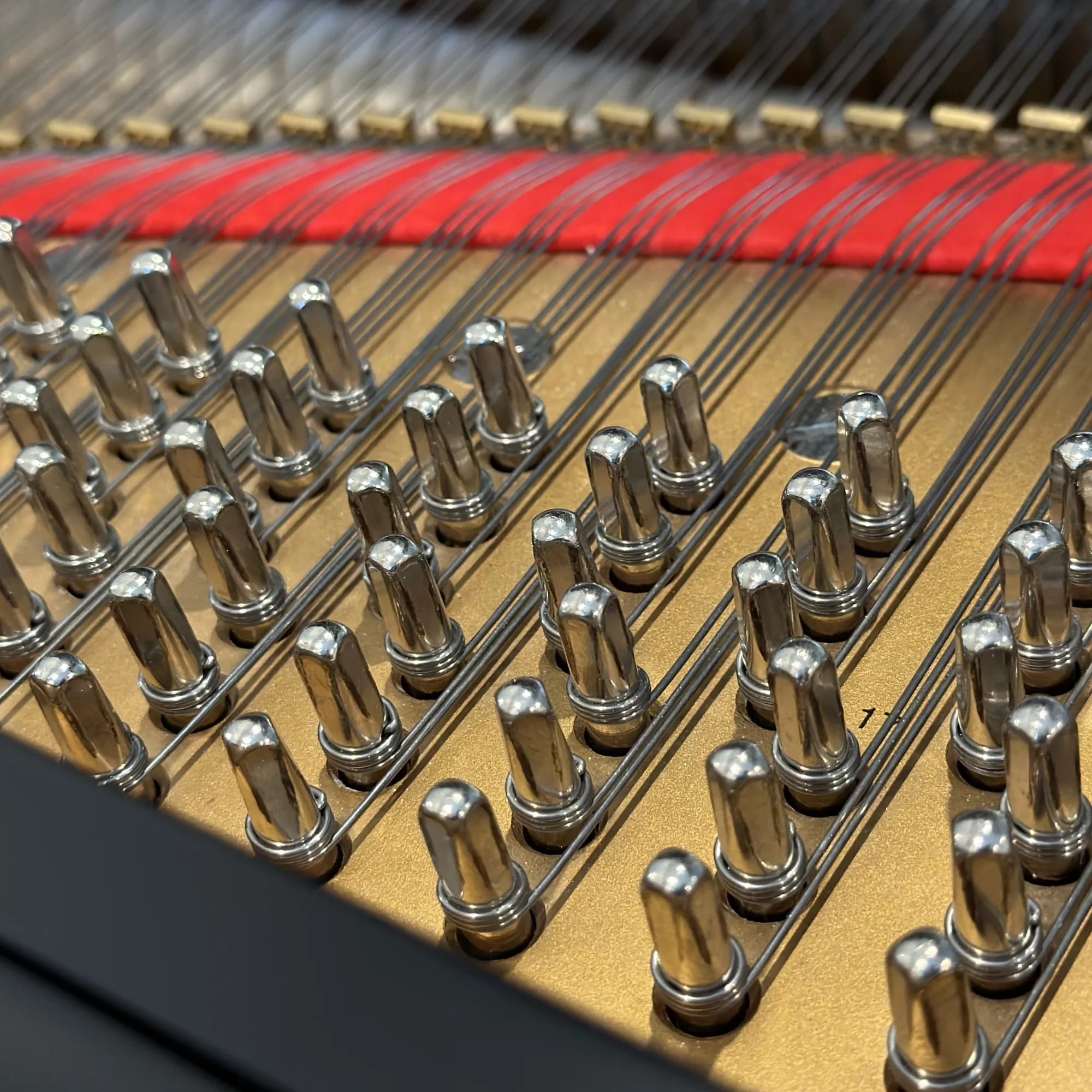
Complete Service
For pianos that need more comprehensive renewal, we recommend our Complete Service which includes:
Pitch Adjustment (tuning), Touch Adjustment (action regulation), and Tone Adjustment (extensive restorative voicing), bringing the piano to as close to new as is possible. Complete service extends the life of the hammers and provides refinements in tone and touch.
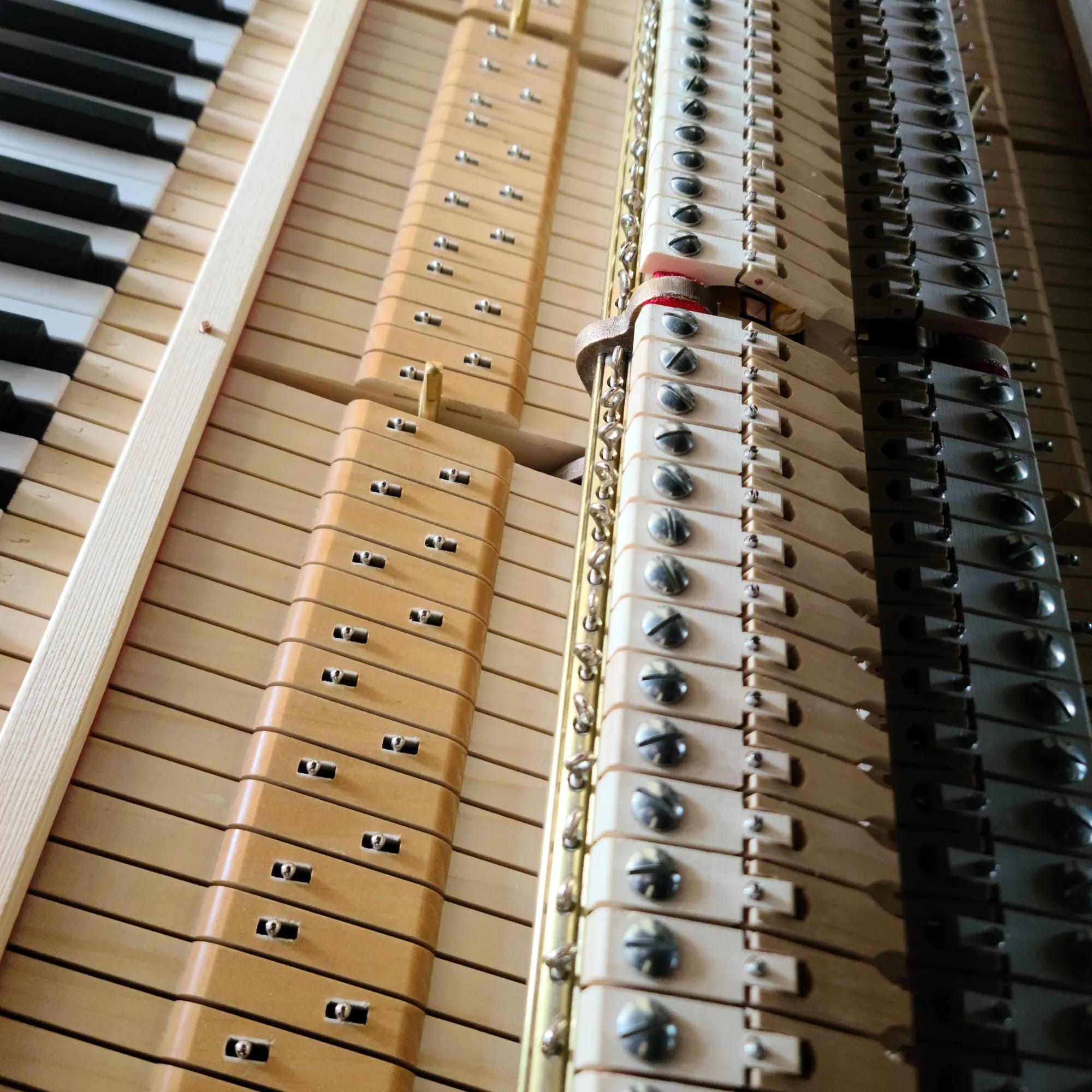
Steinway Spirio Service
We are Steinway Spirio Certified to service the delicate components within a Steinway Spirio piano, making sure that everything is calibrated for optimum performance.
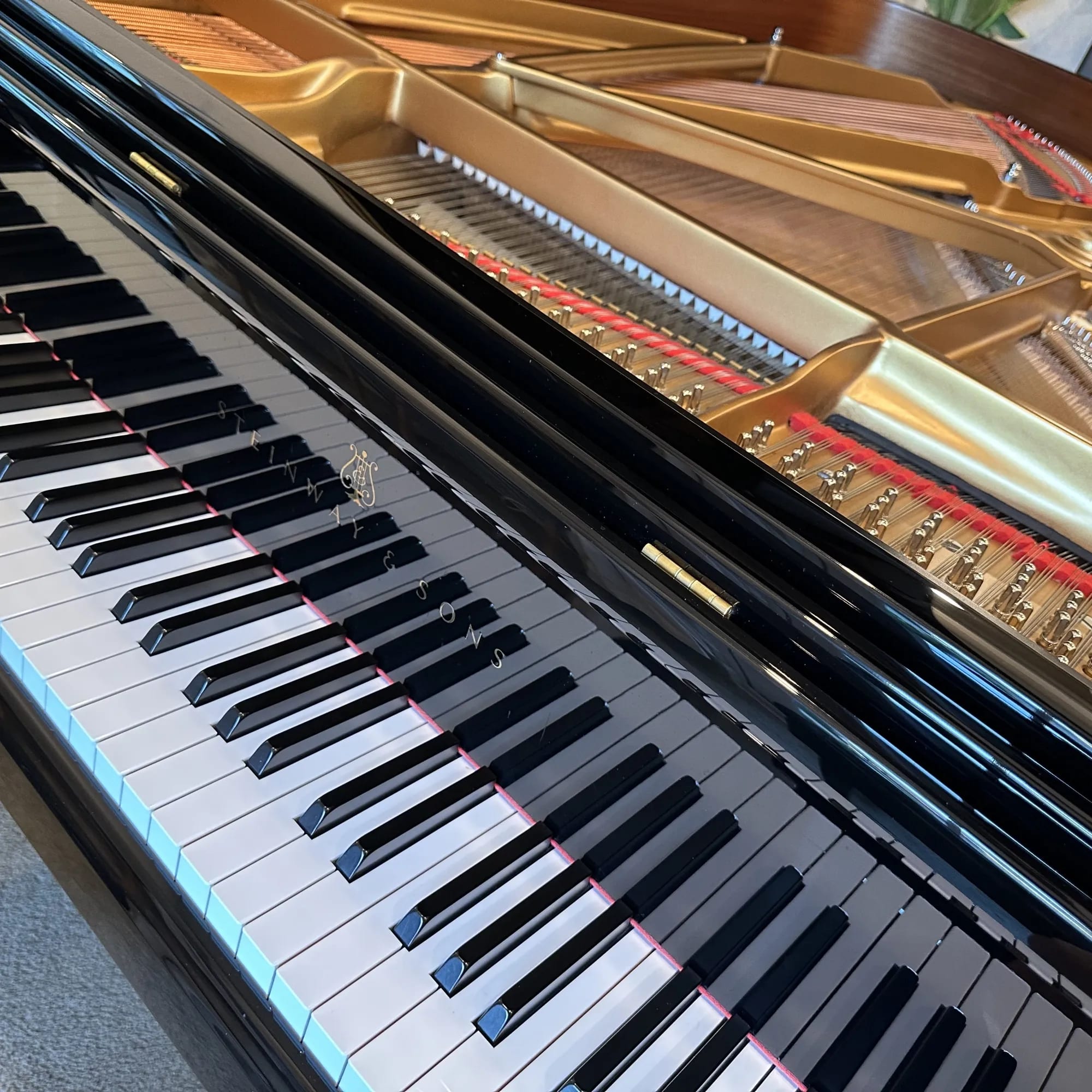
Performance Preparation
Concert Preparation
For the discerning artist, we offer Concert Preparation services to customize the performance piano to the artist's taste. We offer specialized multi-piano blending for best matched tone and tuning.
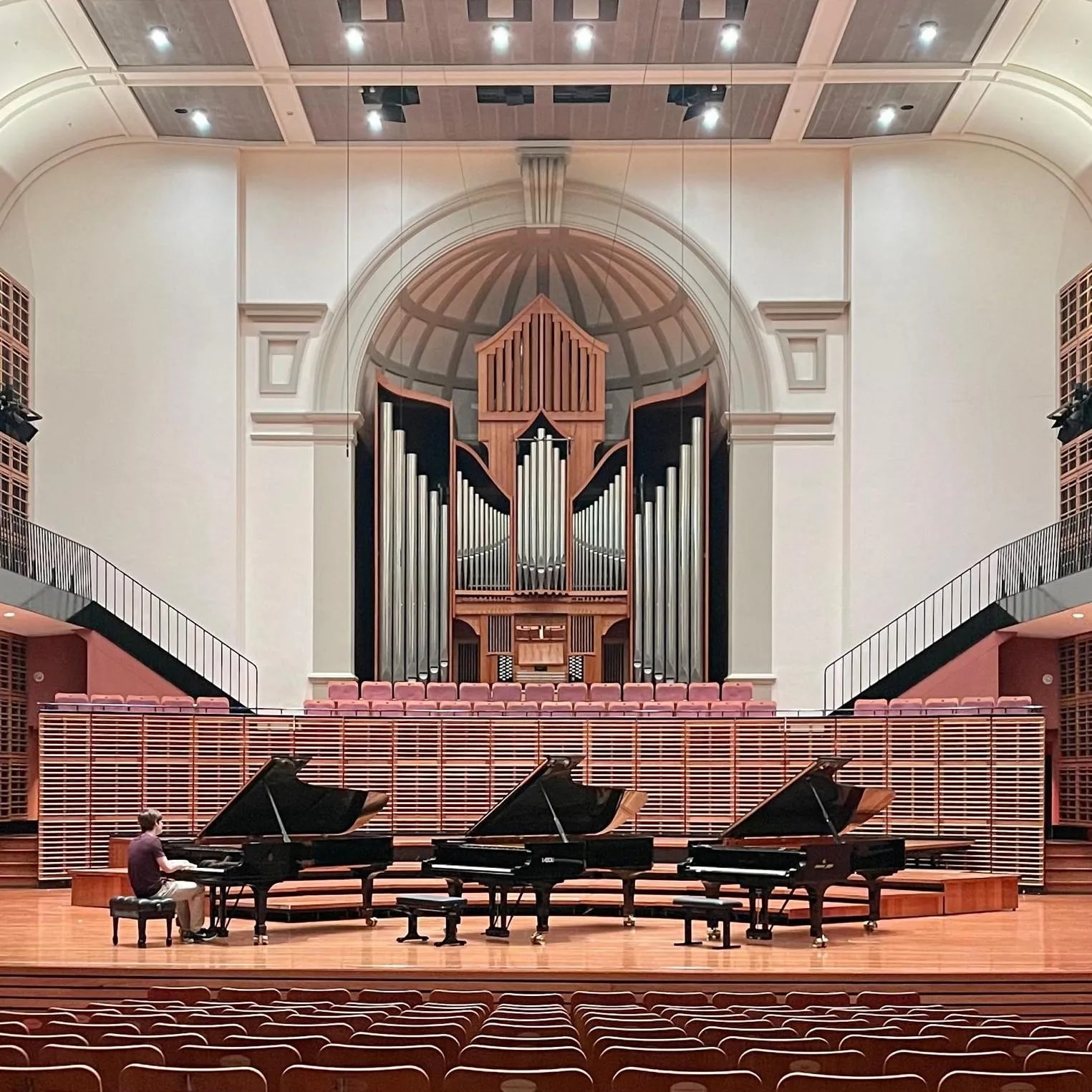
Expert Evaluation and Appraisals
Our Evaluation & Appraisals service is helpful for those buying or selling a piano or needing appraisal for insurance purposes. Knowing a piano's true condition is important for accurate valuation and avoiding unforeseen or costly repairs.
We offer a complete inspection of the piano and estimates for repairs, renewal, or restoration. For more information or to schedule an appointment, please contact us.
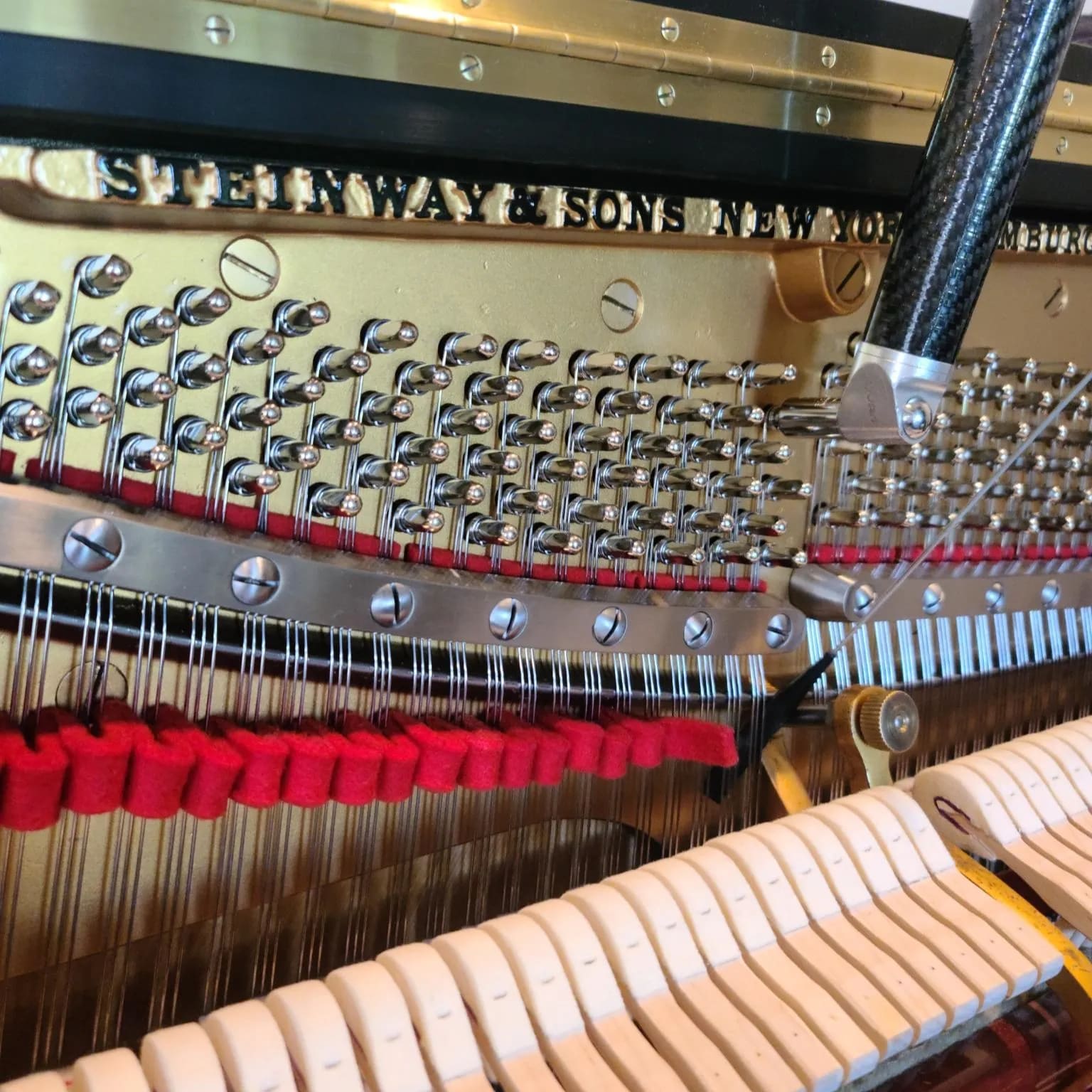
FAQs
How often should my piano be tuned?
For new pianos, tuning several times a year is recommended, as the pitch on new instruments needs time to stabilize. For more seasoned pianos, most manufacturers recommend two tunings per year, or more often as your ear demands. Please note that a stable climate is essential for stable tunings. Try to maintain a climate of 35%-50% humidity without major swings in temperature.
Why does my piano go out of tune?
The primary reason strings in a piano change pitch is because they move. This movement is caused mainly by atmospheric variations, particularly humidity. When tension in a string changes, the pitch also changes, resulting in a note that is out of tune with respect to the other notes in the piano. Strings can also move because of loose tuning pins — the pins that hold the strings in place and are turned during a tuning. When the tuning pins have lost considerable tension (typically in older pianos), movement of the string is again possible.
What is regulation?
Regulation of the piano action adjusts the overall touch and consistency with which each note responds to your playing. A typical piano action consists of a few thousand parts, manufactured primarily with wood and felt. As the felt compresses over a period of time, the evenness of touch will change.
What is voicing?
Voicing a piano controls, to a large extent, the tone of the piano and is separate from tuning. As a piano is played, the condition of the hammer felts will change. A trained technician can adjust the condition of the hammer felts to affect the range of tone that can emanate from your piano.
Is my piano climate-sensitive?
Yes. Avoid positioning your piano in the path of direct air from heating or cooling vents, or in the direct proximity of a humidifier. Try to maintain the relative humidity in a range of 35-50%. Avoid exposure to direct sunlight, as this may bleach the finish and affect performance and stability. We recommend monitoring your climate with a hygrometer that measures the relative humidity of the space in which your piano resides.
How do I clean my piano?
For most pianos, a piece of clean cheesecloth, lightly dampened with water will be the best tool to clean the exterior of the piano. Follow with a soft dry cloth to remove excess moisture from the finish. Always wipe in the direction of the grain. Interior cleaning should be conducted by a professional. Please call us for an appointment.
How do I clean piano keys?
Most modern pianos are now made with plastic keytops. If this is the case in your piano, use a soft cloth lightly dampened in a mild soap and water solution. Follow this immediately with another dry cloth. Do not allow any water to drip down the sides of the key since the key is made of wood and staining or swelling of the wood could occur. If coins, paper clips, or other small articles get wedged in or between the keys, it is best to call a qualified piano technician to have them removed. Pianos with original ivories for keytops require more specific care.